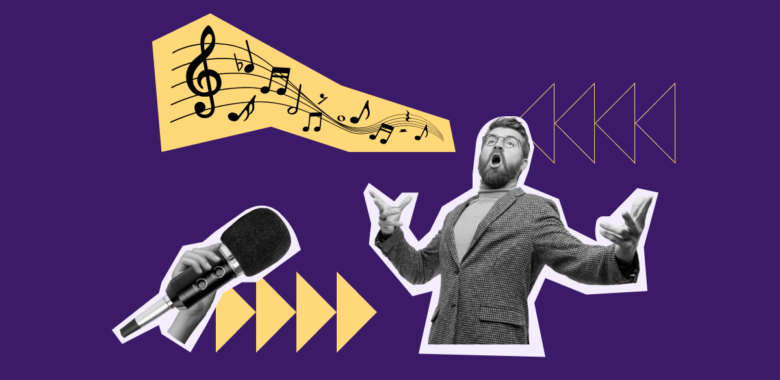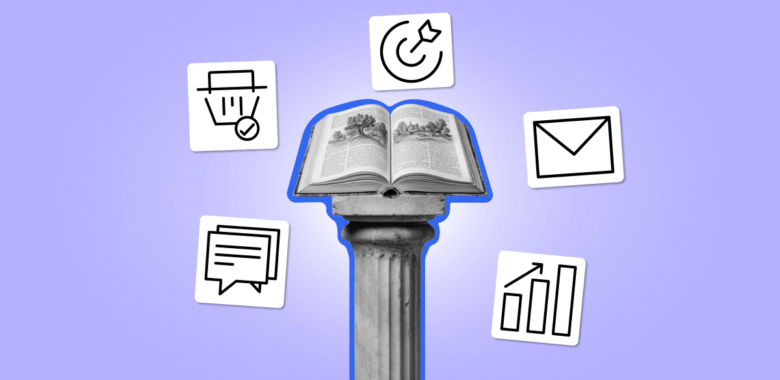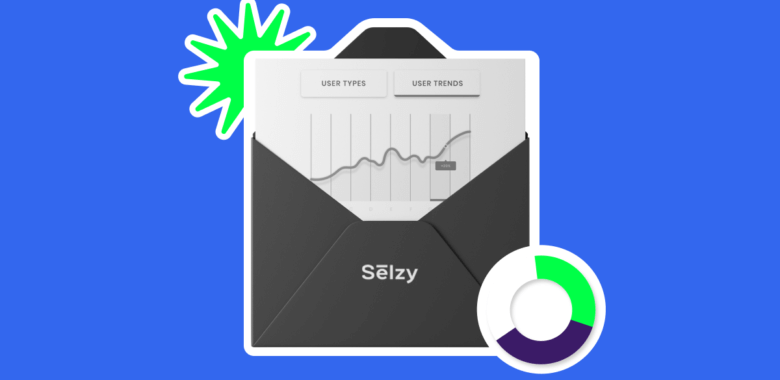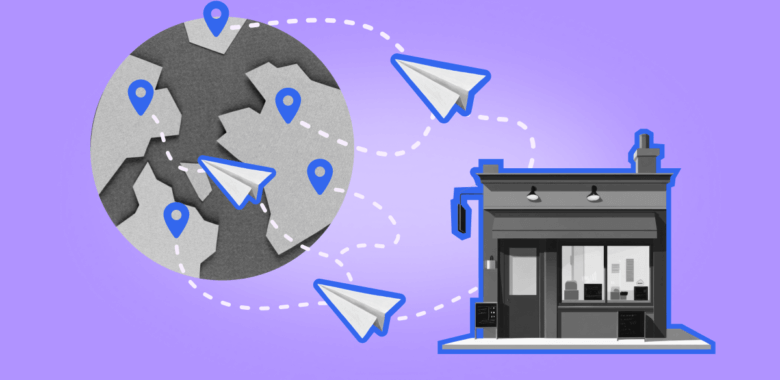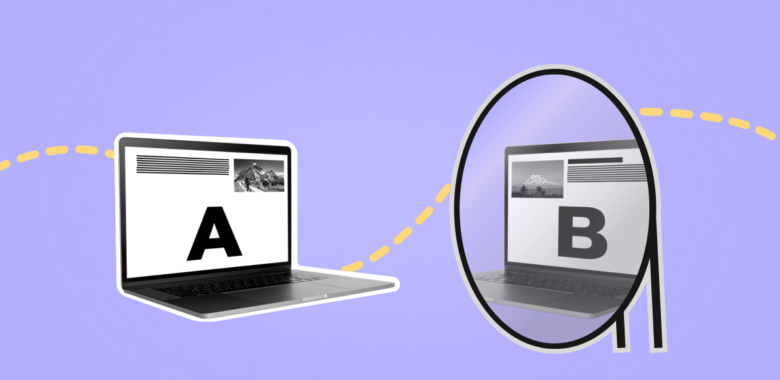Ready-to-use music submission email templates
You can write a music pitch email from scratch using our tips. But if you’re looking for a foolproof recipe or a starting point, here are some ready-to-use music pitch email templates — save them to boost your career!
Keep in mind that we’re focusing on emails for label executives here. If you want advice on how to communicate with journalists, check out our article with press release email templates.
“I’m a longtime fan” email template
Record label teams don’t like ignorant and entitled emails with no justification for why you want to get to this particular label or why they should sign you. You can make your email more human and more likely to get responses by saying that you’re a longtime fan of the label of your choice. Use this template and customize it to your liking.
| Subject: Music submission from longtime fans: [bandname] |
|
Hi [labelname] team!
We are [bandname] and we’re currently looking for a record label to release our music. We’ve been longtime fans of your label, especially [artistname] and [artistname]. These bands inspired our [genrename] album and we think it might be a good fit for [labelname] style- and sound-wise. Here’s a link to our EPK. Hit us up if you’re interested.
Thanks in advance,
[bandname] |
“An interesting story” email template
Don’t treat this template as an opportunity to write a short novel about your struggles as an aspiring artist! However, marketing in the music industry is about storytelling and bright personalities. Including an interesting story or a myth you created about your band adds a human touch to your email. This one is hard to reduce to a template but the baseline structure looks like this:
| Subject: Music submission from the [characteristic depending on the story] band |
|
Hi [labelname] team!
We are [bandname] with a story to tell. [The story — three sentences tops]. We’re currently looking for a record label and we thought you might be interested. Here’s a link to our EPK. Hit us up if you’re interested.
Thanks for spending your time with us,
[bandname] |
“A unique sound” email template
We’ve seen different versions of this template online a lot but most of them lack substance. Here’s our improved take on this template — feel free to customize it however you want.
| Subject: Pitch: something new for [labelname] |
|
Hi [labelname] team!
We are [bandname] and we’re currently looking for a record label. We noticed that you release a lot of [genrename] albums similar to what we’re doing. But we put a twist on the [genrename] and we might bring some diversity to your catalog. [Explain the “twist” — three sentences tops]. Check out our EPK and hit us up if you’re interested.
Thanks for your attention,
[bandname] |
“An upcoming show” email template
If your prospects know you sound great live and many people attend your performances, it will give you a massive advantage over other artists reaching out via email. That’s why inviting label executives to an upcoming show is a great way to pitch your music. Here’s a template:
| Subject: Pitch:upcoming show of [bandname] in [location] |
|
Hi [labelname] team!
We are [bandname] from [location] and we’re currently looking for a local record label. To prove that you’re not dealing with a pig in a poke, we’d like to invite your representatives to our show in [location] on [date]. We noticed you release a lot of music similar to ours and we might be a good fit for your label. Hit us up if you’re interested to get a free pass.
Thanks for your attention,
[bandname] |
“We were featured” email template
If your music was featured on a popular blog or in a playlist, it shows label executives that you have an audience and you’ll bring new people and more revenue. Features prove your success and convince record labels that you’re a great investment. Use this template as a starting point.
| Subject: Music submission: [bandname] was featured in [sourcename] |
|
Hi [labelname] team!
We’re [bandname] searching for a record label. Our [track/album] was recently featured on [source]. It was well-received both by journalists and the general public and we believe our works are a great fit for your catalog. Here’s our EPK for more details on our project. Hit us up if you’re interested in collaborating with us.
Thanks for your attention,
[bandname] |
Follow-up email template
As we mentioned earlier, sending a follow-up drastically increases the chances of getting a response. Following up may feel awkward though — that’s why we’re giving you a template to save the day.
| Subject: Did you have a chance to check out [bandname]? |
|
Hi [labelname] team!
It’s [bandname] again. Last week, we submitted our music to your A&R email. Did you have a chance to check it out? What do you think? Are you interested in a collaboration? We’d love to hear some feedback from you!
Thanks for your attention,
[bandname] |
